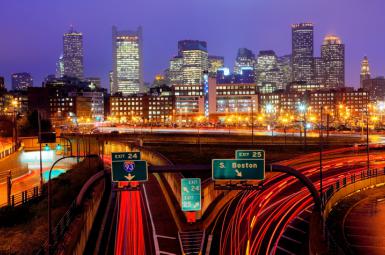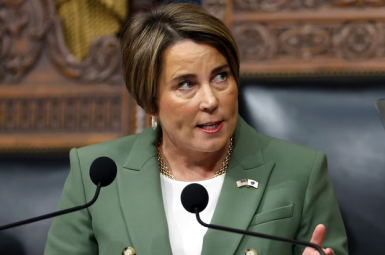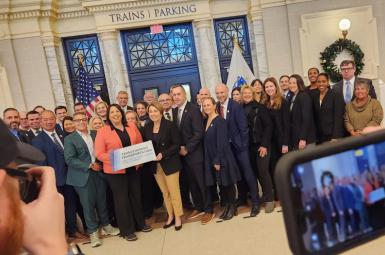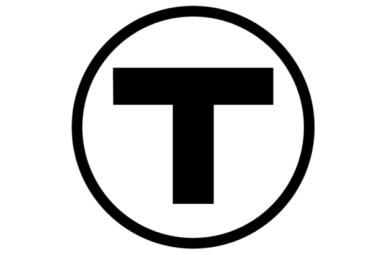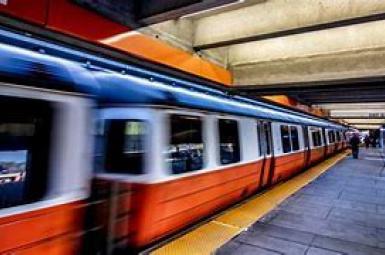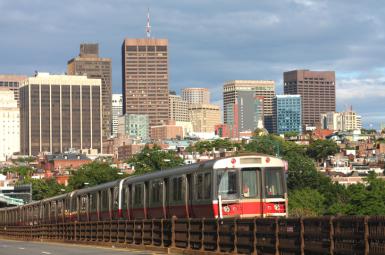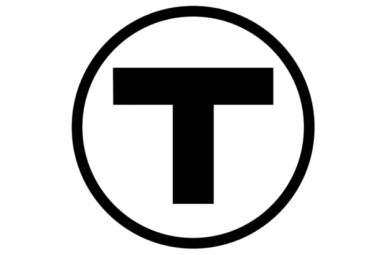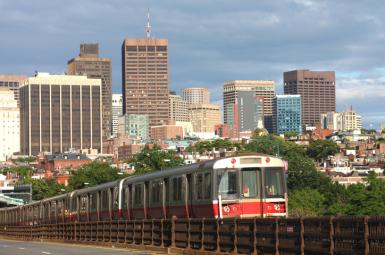The Healey-Driscoll administration’s Fiscal Year (FY) 2026 budget proposal tops $62 billion, increasing spending over the FY 2025 General Appropriations Act (GAA) by $4.3 billion (7.4 percent) and over the administration’s estimated spending level by $1.8 billion (2.1 percent). The $62.07 billion spending plan includes $1.95 billion of surtax-supported investments obligated to education and transportation.
The idea of building the task force report around the “millionaires tax” started to percolate in June, when a report by the Massachuset
- Read more about Healey task force turns to existing tax to boost MBTA, transportation infrastructure
Doug Howgate, the president of the business-backed Massachusetts Taxpayers Foundation and a task force member, was one of the architects of the proposal to focus on tapping the millionaires tax rather than new taxes or fees, a somewhat ironic move since business groups opposed the tax when it was a ballot question in 2022.
The MBTA has made important strides. It increased its operating staff by 1,200 since June 2022 and has improved its handling of safety and service issues that have plagued the Authority for several years. However, it still has a long uphill climb. The FY 2025 budget estimates the Authority needs approximately 8,000 operating personnel to run current service levels and support all safety initiatives, meaning that it must increase headcount by another 1,000 or more from the latest figures (Appendix). That comes at a cost.
Workforce challenges at the MBTA have received extensive reporting in recent years. Those challenges took on a new sense of urgency in 2022 when a safety management inspection by the Federal Transit Administration (FTA) found that the MBTA needed to expand the size, training, and supervision of its workforce so that it could operate, maintain, and deliver capital projects safely.
On November 16, the MBTA presented an updated analysis of its State of Good Repair (SGR) Index, which measures the Authority’s capital asset needs, to the Board of Directors (here) in which it revised the SGR Index to
Will MBTA Labor Shortages Impede its Future?
The MBTA is in a full-blown crisis. Failure to fix it has profound impacts on the region’s economy and the companies and people forced to rely on public transit. The MBTA’s problems are not new; nor are studies and panels and commissions to recommend fixes. But many of these past efforts have failed to fully recognize how deeply entrenched and multi-layered the T’s problems have become. If we continue to ignore the intricacy of the issues driving this crisis, the MBTA will fail to achieve any of the bold visions for the future.
MTF issues its latest analysis of MBTA finances. Despite the recent infusion of federal funds and due in part to the unforeseen effects of the pandemic, the report documents the imminent financial cliff that will face the agency in 2023. The intent of this report is to make the case why lawmakers must focus on this agency’s troubled finances and consider the critical actions they must take in the next two years to get the MBTA on sound financial footing.
Among its key findings are the following:
This report, which examines the MBTA’s sources and planned uses of capital funding, finds “an impending chasm” between the costs to maintain and modernize the Authority’s existing infrastructure and available sources to pay for these investments. At the same time, the MBTA must address two additional capital needs linked to climate change – decarbonization and climate resiliency adaptation – for which the MBTA currently has neither accurate costs nor funding to pay for these critical investments.
